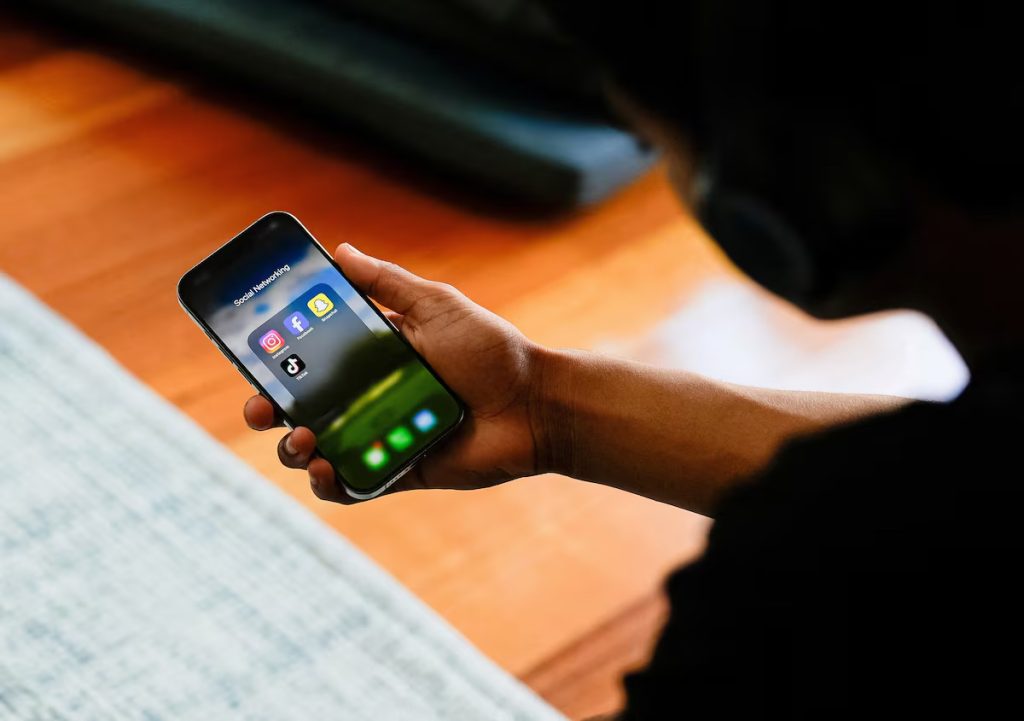
Australia has enacted one of the world’s toughest regulations targeting Big Tech by banning children under 16 from using social media, following an emotional national debate over the role of online platforms in mental health crises. The law, passed on Thursday, will impose fines of up to A$49.5 million ($32 million) on platforms such as Meta’s Instagram and Facebook, and TikTok, for non-compliance.
A trial to enforce the ban will begin in January 2025, with full implementation scheduled a year later.
A Global Test Case
The Social Media Minimum Age Bill positions Australia as a test case for other countries exploring similar measures. While jurisdictions like France and some U.S. states have introduced partial restrictions on minors accessing social media, Australia’s ban is absolute. A similar law in Florida, barring under-14s, is currently being challenged in court on free speech grounds.
Prime Minister Anthony Albanese hailed the legislation as a critical step in protecting children, stating, “We are drawing a line in the sand to safeguard young Australians from the harms of social media while still holding platforms accountable.”
Public and Political Support
The law enjoys widespread public approval, with 77% of Australians backing it, according to recent polls. Domestic media, led by Rupert Murdoch’s News Corp, championed the campaign under the banner “Let Them Be Kids.”
Ali Halkic, an anti-bullying advocate whose son took his life in 2009 following social media harassment, called the law a vital intervention. “It’s about giving control back to parents and creating a healthier environment for the next generation,” he said.
Criticism and Concerns
Despite its popularity, the law has sparked controversy. Critics argue it may infringe on human rights, exacerbate privacy issues, and isolate vulnerable youth, particularly LGBTQIA and migrant teenagers.
“This is boomers trying to tell young people how the internet should work to make themselves feel better,” said Senator Sarah Hanson-Young of the Greens, during a heated Senate debate.
Privacy advocates warn that requiring platforms to verify users’ ages could lead to increased data collection and pave the way for state surveillance. In response, a late amendment mandates alternative verification methods, avoiding reliance solely on identification documents.
Impact on U.S. Relations and Big Tech
The law could strain Australia’s relationship with the United States, where tech companies like Meta and X (formerly Twitter) dominate the digital landscape. Elon Musk, owner of X and a close ally of U.S. President-elect Donald Trump, criticized the move, calling it a “backdoor way to control access to the Internet by all Australians.”
Tech giants, including Alphabet’s Google, whose YouTube platform is exempt due to its educational use, had called for a delay until age verification trials concluded. Sunita Bose, head of the Digital Industry Group, which represents most platforms, remarked, “We have the bill, but no clear guidance on how to implement it effectively.”
Voices of the Youth
Young Australians have voiced mixed reactions. Sydney student Enie Lam, 16, acknowledged the impact of social media on mental health but argued a blanket ban could backfire. “It will create a generation more skilled at bypassing these restrictions, potentially driving them to darker corners of the internet,” she said.
As Australia prepares to implement this groundbreaking law, global observers are watching closely to see whether it can successfully balance child protection with digital freedoms.








